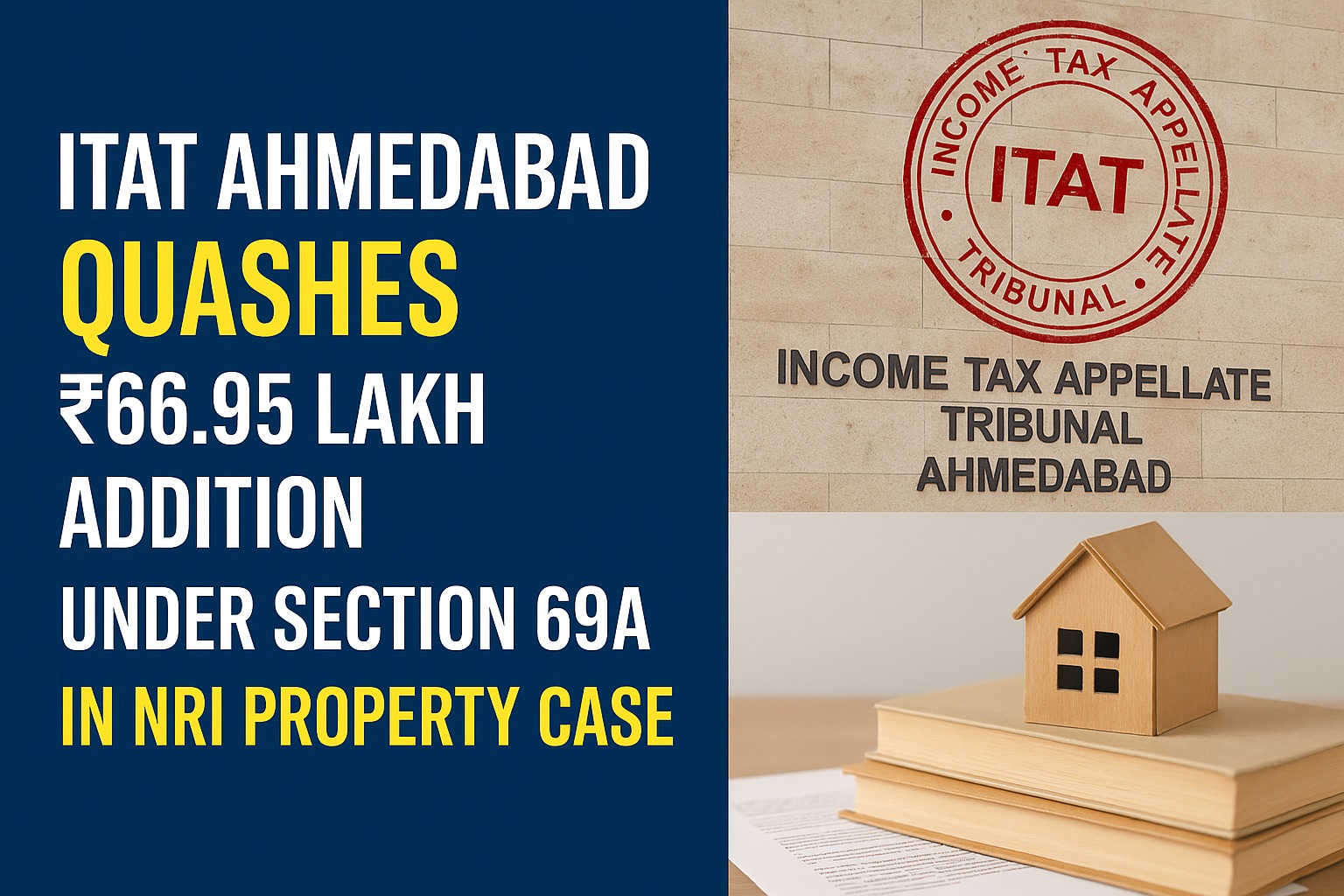 WhatsApp
WhatsApp
 Call Us
Call Us
 Email Us
Email Us
 Whatsapp Community
Whatsapp Community

Are you looking to send money abroad or repatriate funds back to your country of residence? With so much information online, it’s easy to feel overwhelmed. But don’t worry, we at Dinesh Aarjav & Associates have broken it down for you in a simple and clear guide.
When Indian residents send money overseas, the main thing to be mindful of is Tax Collected at Source (TCS). This tax is applied under the Liberalised Remittance Scheme (LRS), and there’s an annual limit of $250,000 per person. If you plan to remit more than this, you’ll need to get approval from the Reserve Bank of India (RBI).
For education financed by a loan: No TCS is charged up to ₹7 lakhs. Above this limit, TCS is only 0.5%.
For medical treatment or education (not financed by a loan): No TCS up to ₹7 lakhs, but any amount above this will be charged at 5%.
For overseas tour packages: You’ll pay 5% on the first ₹7 lakhs and 20% on anything beyond that.
For other purposes: There’s no TCS up to ₹7 lakhs, but you’ll be charged 20% on any amount over ₹7 lakhs.
Let’s say Mr. A wants to send ₹20 lakhs to his son, who’s studying in the U.S. Since the amount exceeds ₹7 lakhs, TCS will be applied to ₹13 lakhs (i.e., ₹20 lakhs minus ₹7 lakhs). Mr. A will need to pay ₹2.6 lakhs in TCS (20% of ₹13 lakhs), but this amount isn’t an expense. It can be claimed as a refund or adjusted while filing his Income Tax Return (ITR). Think of it as an advance tax.
If you’re remitting up to ₹7 lakhs in a financial year, there’s no TCS to worry about. However, if you send more than ₹7 lakhs, TCS will be applied, but it’s refundable when you file your ITR.
For NRIs, the remittance process is more complex, but there’s one key advantage: No TCS is applied. If you’re an NRI, you’ll typically use an NRO (Non-Resident Ordinary) or NRE (Non-Resident External) account to manage your funds. Here’s what you need to know about each:
Fund Transfers Allowed: You can transfer funds to an NRE account, another NRO account, someone else’s NRO or Resident account, or to a bank account abroad.
Repatriation Limit: You can repatriate up to $1 million annually. Any amount above that will require approval from the RBI.
Documentation Required: You’ll need to submit Form 15 CA for every remittance. Depending on the nature and amount of the transfer, you may also need Form 15 CB, which is a certificate issued by a Chartered Accountant. Although banks may sometimes insist on Form 15 CB, be prepared with both documents for smooth processing.
Fund Transfers Allowed: You can transfer funds to your own NRO account, another NRE account, a Resident account in India, or any bank account abroad.
Repatriation Limit: There’s no limit for transferring funds abroad from an NRE account—it’s fully repatriable.
Documentation Required: No documents are required for NRE account transfers.
1. Is TCS applicable if I send money from my NRO account?
No, TCS is only applicable for Indian residents, not NRIs.
2. What’s the benefit of transferring funds from an NRO to an NRE account?
The main benefit is that funds in an NRE account are completely tax-free and can be freely repatriated abroad.
3. Do I need RBI approval to send large amounts abroad as an NRI?
If you’re using an NRE account, there’s no limit on the amount you can repatriate. However, for an NRO account, you can transfer up to $1 million annually without needing RBI approval.
At Dinesh Aarjav & Associates, we aim to make your international remittance and repatriation process as simple and stress-free as possible. For expert guidance tailored to your unique financial situation, get in touch with us today. We’ll ensure that your money moves smoothly, no matter where you’re sending or receiving it from.
This blog provides general information and should not be considered as legal or tax advice. For personal assistance, contact Dinesh Aarjav & Associates.







Stay in the loop, subscribe to our newsletter and unlock a world of exclusive updates, insights, and offers delivered straight to your inbox.